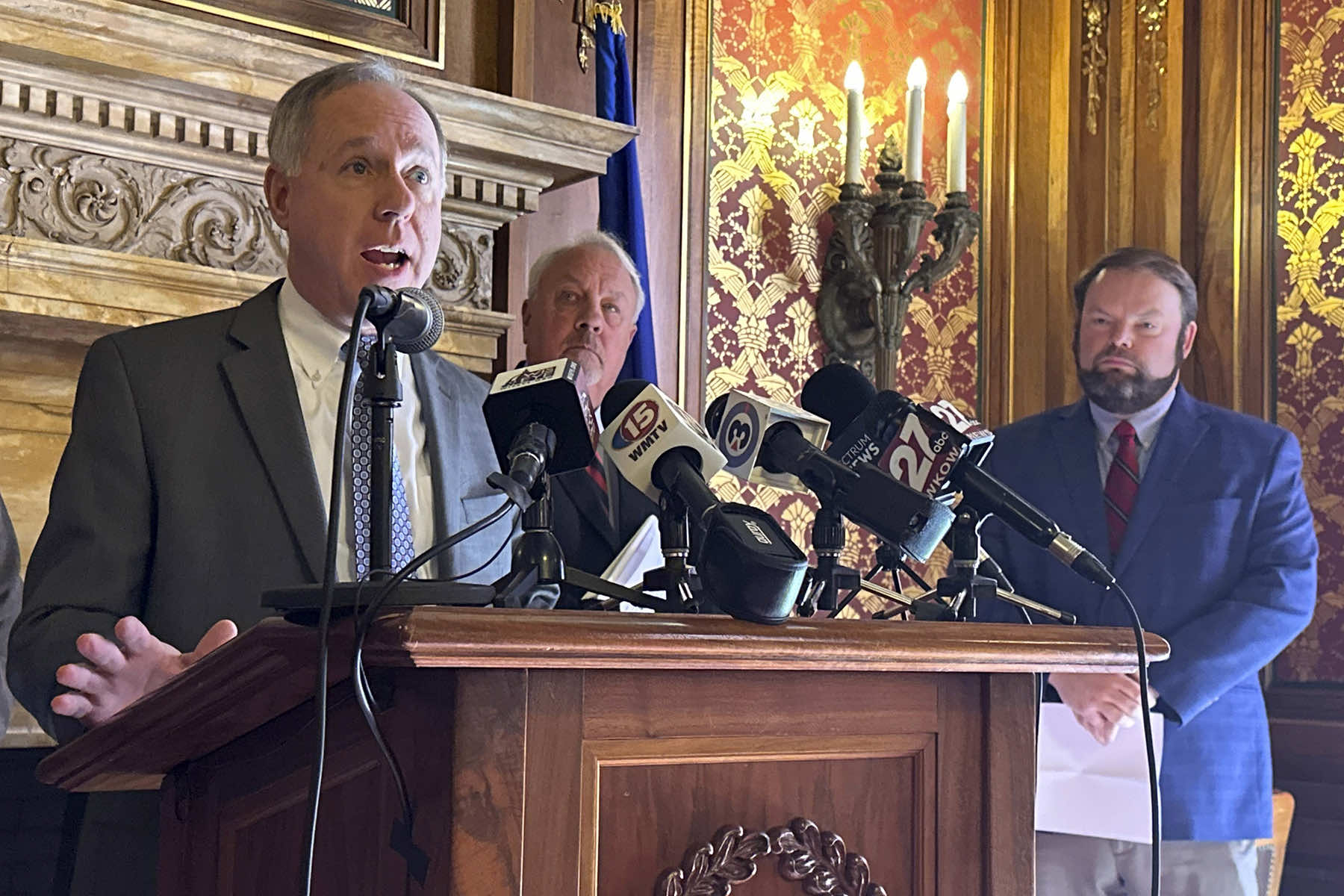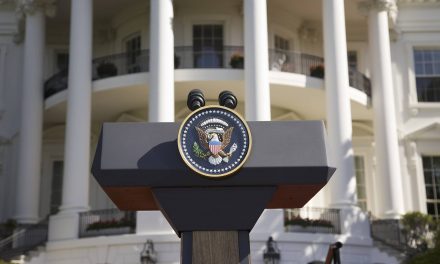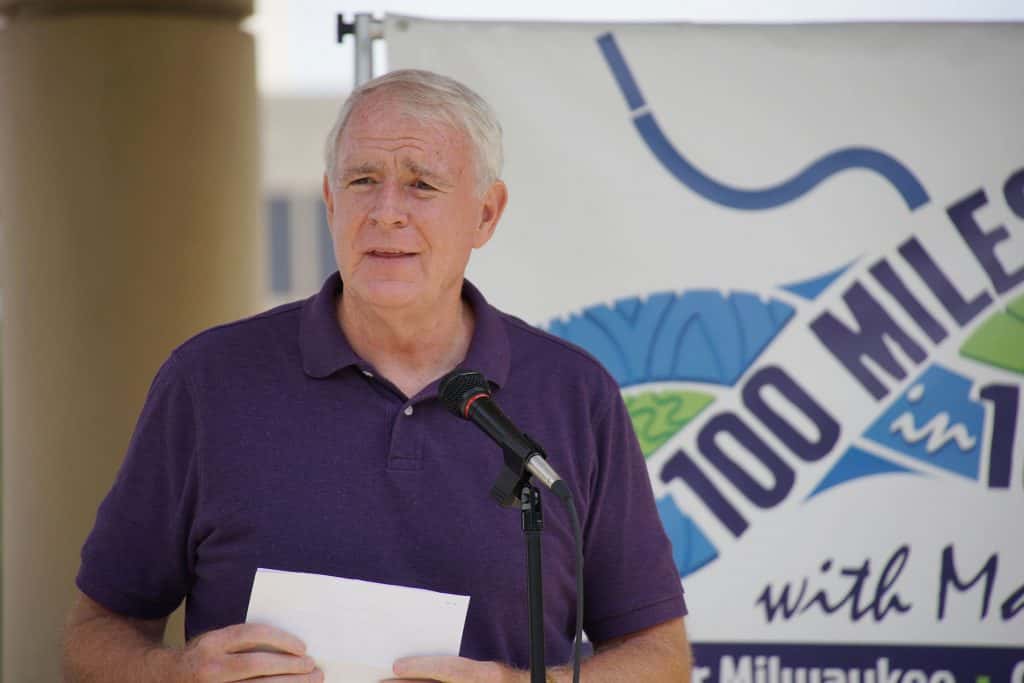
Republicans who control the Wisconsin Assembly introduced a bill in early January that would call for a binding statewide referendum on whether abortion should be banned after 14 weeks of pregnancy.
The proposal could still galvanize the conservative base after Democrats parlayed anger over the U.S. Supreme Court’s decision to overturn its landmark 1972 Roe v. Wade ruling, which legalized abortion nationwide, into big election wins across the country.
Nowhere was that dynamic more evident than in Wisconsin, where Janet Protasiewicz won a seat on the state Supreme Court last year after repeatedly announcing on the campaign trail that she supports abortion rights. Her victory handed liberal justices a 4-3 majority on the court.
To add to Republicans’ woes, a Dane County judge ruled this past summer that Wisconsin’s 174-year-old ban on abortion only prohibits feticide, or an attempt to kill an unborn child. The ruling emboldened Planned Parenthood, which had ceased providing services in the wake of the U.S. Supreme Court decision, to resume operations in September. The case is on appeal, though, and likely will end up before the state Supreme Court.
A GOP hearing on the bill was scheduled to coincide with a trip by Vice President Kamala Harris on January 22 to Waukesha County, as part of a nationwide tour promoting reproductive rights, promising plenty of headlines for both sides on abortion.
Medical studies have documented that denying a woman access to have an abortion can have significant adverse effects on her health. That includes physical risks due to potentially resorting to unsafe methods, delayed prenatal care, and exacerbated health conditions. It can also result in psychological distress, including anxiety, depression, and stigma, with the potential for long-term economic and social repercussions, impacting relationships, education, and career prospects.
Another Wisconsin law bans abortions after 20 weeks of pregnancy. The proposed bill would outlaw abortions after 14 weeks of pregnancy, or about three months.
Forty-three states prohibit abortions after a certain point of viability, according to the Guttmacher Institute, a research group that supports abortion rights. Two states — Georgia and South Carolina — have laws in effect that ban abortion at six weeks, before many women realize they are pregnant. Nebraska and North Carolina have laws in effect that outlaw abortion at 12 weeks. Arizona and Florida have laws in effect that prohibit abortion at 15 weeks.
The Wisconsin bill comes with a catch, though. The proposal calls for a statewide referendum conducted during April’s election asking voters whether the 14-week prohibition should take effect. If approved, the bill would take effect the day after the results are certified. If the question is rejected, the bill would not take effect.
Wisconsin law does not allow voters to place questions on the ballot. Republican lawmakers have rejected calls by Governor Tony Evers to create a way for voters to repeal the 1849 abortion ban.
Assembly Speaker Robin Vos said in December that he would like to let voters decide whether to shrink the window for abortions. He said then that passing a new abortion law would end the uncertainty of waiting for judges to interpret outdated laws.
But the controversial measure may not even get to Governor Evers, who has previously promised to veto such restrictive legislation. The bill would have to pass both the Assembly and the Senate before going to the governor.
The Senate’s Republican majority leader, Devin LeMahieu, said it would be difficult to get his caucus to coalesce around an abortion bill that Governor Evers would reject.















